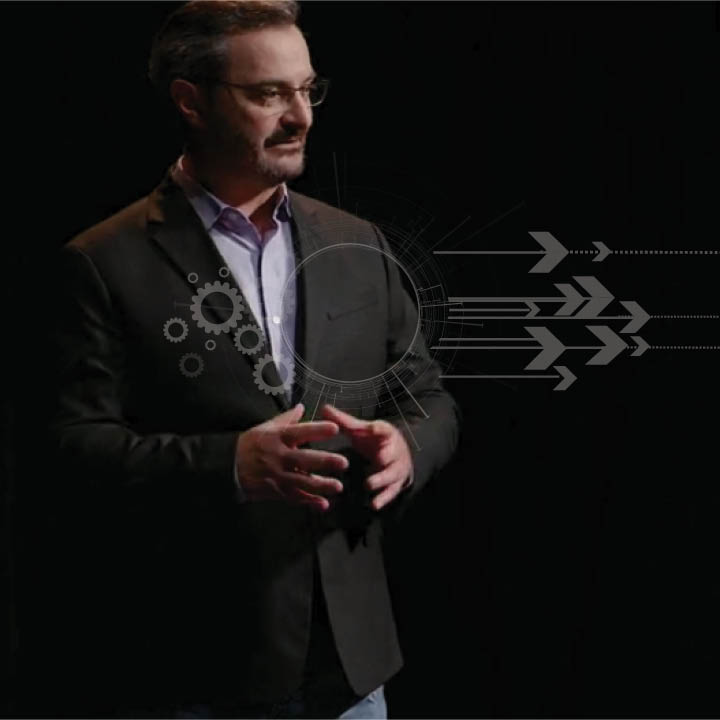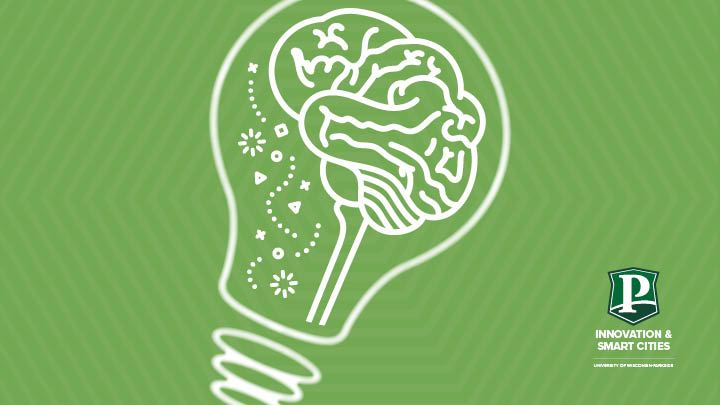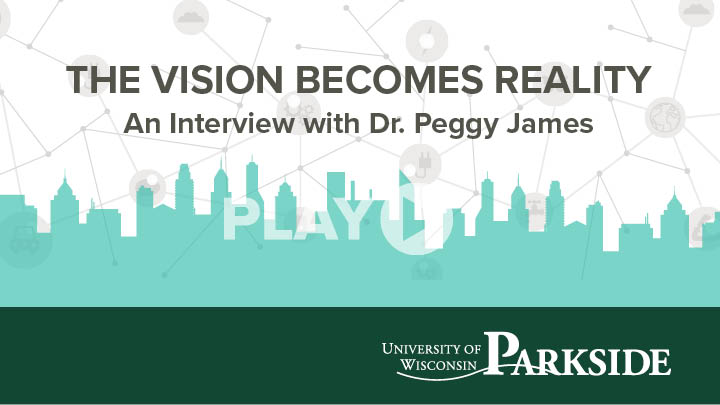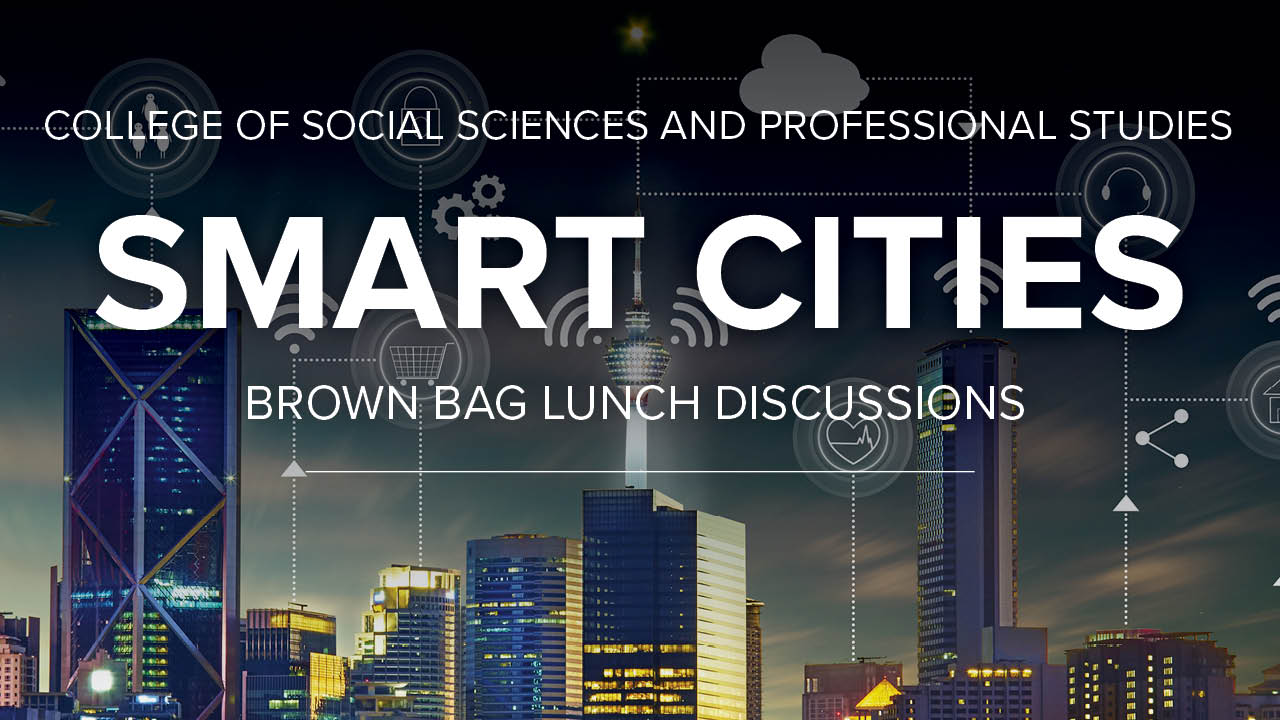Center for Research in Innovation and Smart Cities
The Center for Research and Innovation and Smart Cities has been created to bring individuals together to leverage the power of people working with technology to make our communities better. The process starts with bringing individuals together to create awareness, leveraging our educational resources, and driving innovation through collaboration.
COMMUNITY ENGAGEMENT
A Survey Project to Identify Citizen Needs in Small & Midsized Communities: Citizen Engagement to Transfer Innovation to Regional Development
The University of Wisconsin-Parkside’s Center for Research in Innovation and Smart Cities received a grant from the Tommy G Thompson Center on Public Leadership at UW-Madison to conduct a survey to gain insights into citizen needs aimed at prioritizing and developing meaningful smart city strategies and initiatives.
Please consider participating in this survey, your input is valuable in helping shape smart city innovations in southeastern Wisconsin. The survey should not take more than 15 minutes to complete.
Definition of Smart City: A city which uses available resources and technology to increase the efficiency of public services and systems in inclusive ways, improve outcomes of city operations, reduce tax dollar spending, and improve the quality of life for its citizens.
Smart cities have earned the support of scientists, urban planners, and governments all over the world because they suggest innovative solutions to urban development problems using information and communication technologies. Citizen participation is key to developing a smart city vision because the main objective of a smart city is to improve the quality of life of citizens. Accordingly, decision-makers need to solicit input from citizens and stakeholders to develop and implement effective smart city strategies and solutions.
UPCOMING EVENTS
There are no upcoming events at this time. Please check back later.
PROFESSIONAL DEVELOPMENT
Taught by faculty and industry recognized experts, the online Smart Cities U noncredit certificate is designed to meet the needs of anyone looking to benefit their community, particularly in small to midsize communities with fewer than 500,000 residents.
The Smart City Policy and Civic Partnerships online graduate certificate program explores business models, technology and best practices for turning a smart city plan into reality.
The online Smart City Policy and Planning concentration allows you to expand content knowledge with the skills developed in the core of our Master of Arts in Applied Professional Studies degree so that you can take that knowledge beyond the classroom.
CENTER GOALS
GOALS
- To position the university as a “thinking and strategic planning arm” of regional government, and will have a broad perspective on the political and social possibilities of smart cities development.
- To further strengthen UW-Parkside’s leadership role in the region including establishing a physical presence in both Kenosha and Racine.
- The Center for Research in Innovation and Smart Cities will convene leaders from faculty, higher education, business, healthcare, government, and civic groups to develop a research and training agenda for the center.
- To build UW-Parkside’s capacity to attract sponsored research through collaboration with WiSys, the dedicated technology transfer office for the 11 comprehensive universities in the University of Wisconsin System.
- Create research opportunities for other faculty and students, develop teaching and training initiatives, establish visiting scholar and speaker programs, link us to smart cities professional networks.
- Support National Science Foundation-funded research campus faculty are doing to develop training methods for development of Industry 4.0 knowledge and skills.
- To further the UW System’s 2020 FWD strategic aims to encourage innovation through basic and applied research.
- Expand academic programs in areas needed in the Wisconsin workforce.
- Expand connections with employers to better respond to workforce needs.
- Provide professional development opportunities to promote creativity and innovation within the university and in the broader community.
UW-PARKSIDE PUBLICATIONS
INITIATIVES AND PROGRAMS
